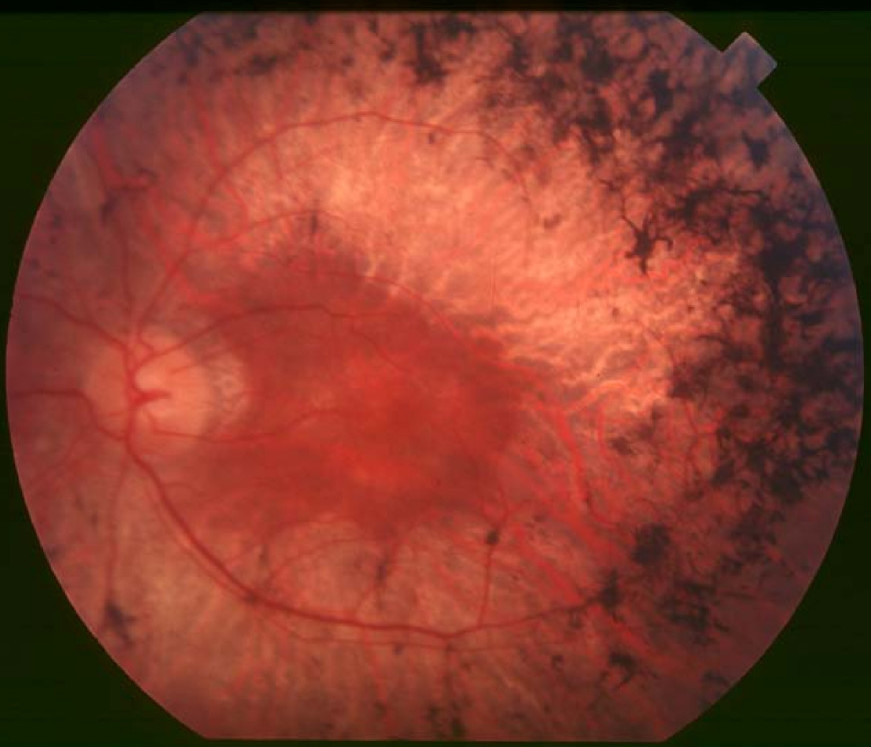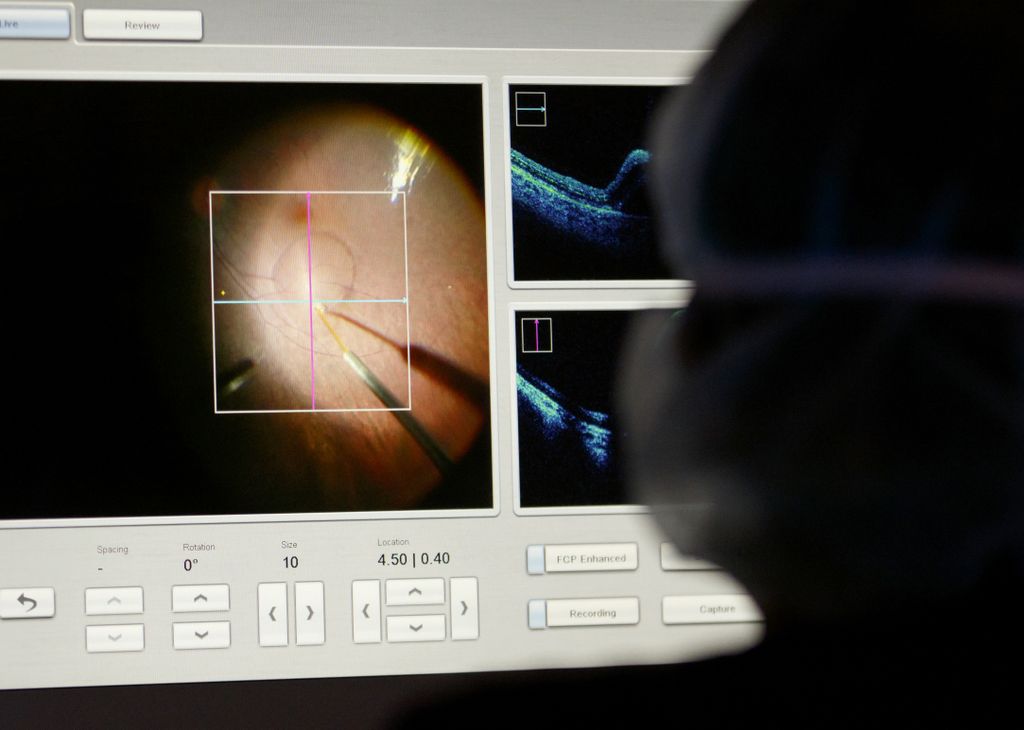A team of engineers, computer scientists and ophthalmologists at the University of California, Berkeley, working with a pair of colleagues at the University of Washington, has developed a technique for stimulating the retina that allows people to see a color not normally seen by humans.
In their study published in the journal Science Advances, the group identified certain photoreceptors in volunteers and then stimulated them to allow those volunteers to see the unique color, which the team has named "olo."



%20msdmanuals.jpg)
%20Prevent%20Blindness.png)

